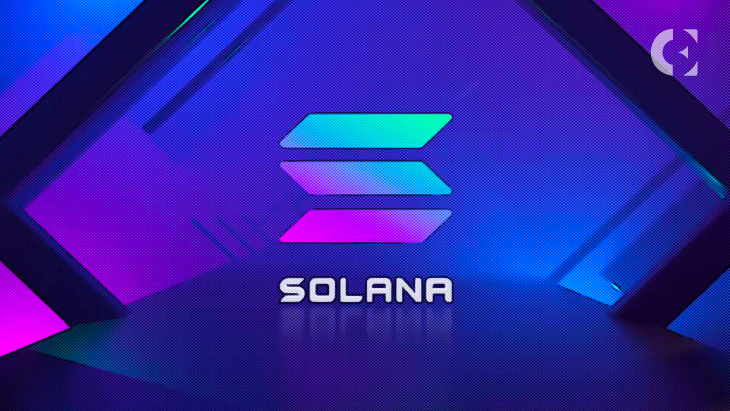- Blockchain analyst MartyParty predicts Solana, not Ethereum or other chains, will disrupt software applications, challenging tech giants like Apple and Samsung.
- Solana-powered phones are envisioned to offer cost-effective devices with seamless third-party app integration and decentralized data storage.
- MartyParty emphasizes Solana’s optimization for actual users, contrasting it with Ethereum’s focus on token holders and validator profits.
In a bold crypto thesis shared by MartyParty, aka Martin Folb, a self-confessed tech junkie, Solana, not Ethereum or other prominent chains, will be the disruptor in the world of software applications, challenging the dominance of tech giants such as Apple, Samsung, Google, Microsoft, and Amazon.
MartyParty envisions a future where Solana-powered phones redefine user experiences. These devices, touted to be more cost-effective than flagship phones utilizing iOS and Android, promise seamless integration of third-party apps with effortless data sharing. The game-changer here is Solana’s utilization of blockchain to encrypt and store user data, eliminating the need for centralized data collection.
At the heart of MartyParty’s argument lies Solana’s commitment to decentralization. The platform’s globally shared state allows for the development of applications without the need to collect “platform rent.” Solana’s approach challenges the status quo, doing away with exclusive data control and breaking down the walls of closed ecosystems.
According to MartyParty, Solana not only meets the technical aspects but is also most likely to dominate. The analyst highlighted Solana’s monolithic blockchain, characterized by speed, high data throughput, and rapid time-to-finality.
However, raw speed isn’t the whole story, as per MartyParty. Critical to Solana’s success is its approach to parallel block validation while ensuring isolated fee markets. This allows for multiple blocks to be validated simultaneously without escalating fees, providing a significant advantage over Ethereum and other chains that validate one block at a time. The non-overlapping state enables parallel transactions, benefitting scalability and cost efficiency.
MartyParty addresses scalability concerns, asserting that Solana’s straightforward solution involves adding more cores to validator node hardware. This streamlined approach contrasts with Ethereum’s reliance on rollup chains, which introduces complexities and potential disruptions.
While acknowledging Ethereum’s appeal to token holders and validator profits, MartyParty argues that Solana is optimized for actual users. “You can get everyone in the world to buy your token, but if most people don’t actually want to use it for whatever reason, then your chain will die, and the most user/developer-friendly chains will dominate,” the analyst concluded.
Disclaimer: The information presented in this article is for informational and educational purposes only. The article does not constitute financial advice or advice of any kind. Coin Edition is not responsible for any losses incurred as a result of the utilization of content, products, or services mentioned. Readers are advised to exercise caution before taking any action related to the company.







